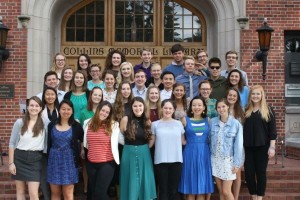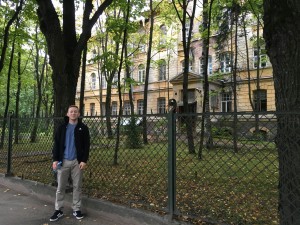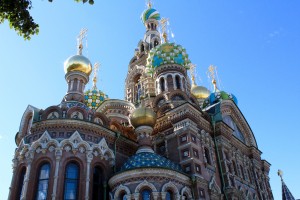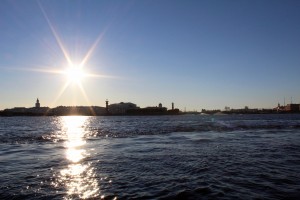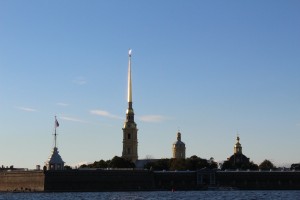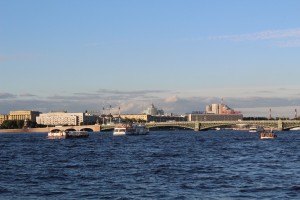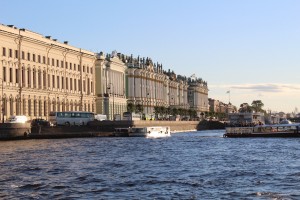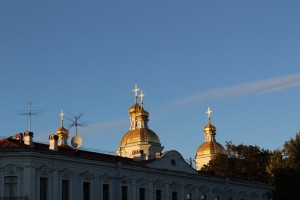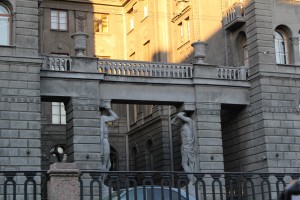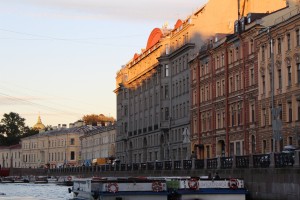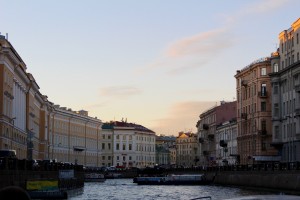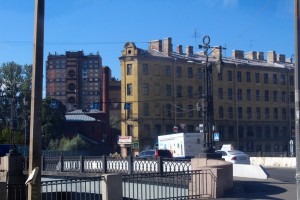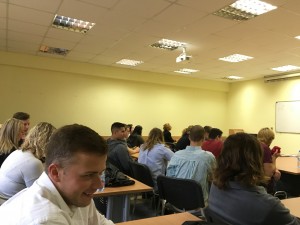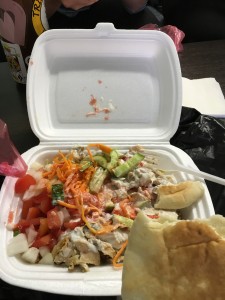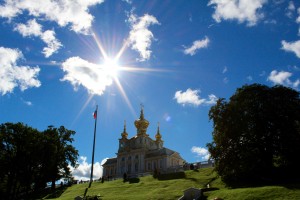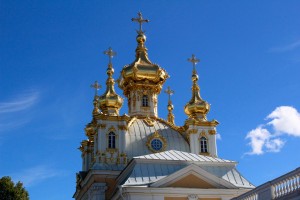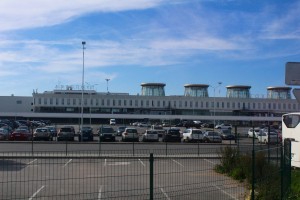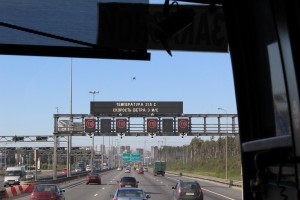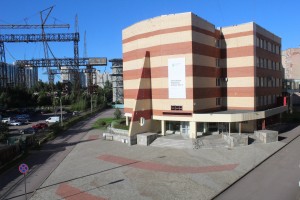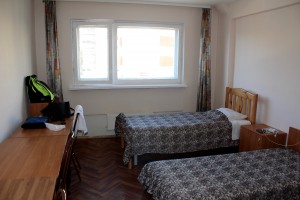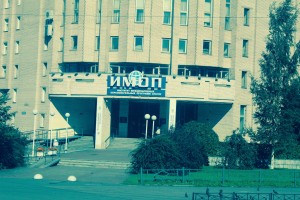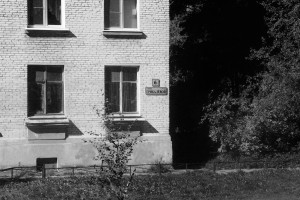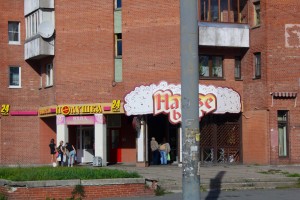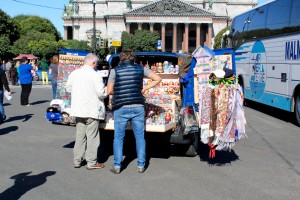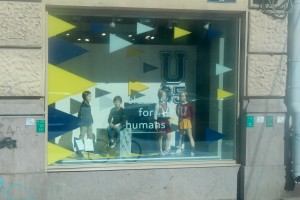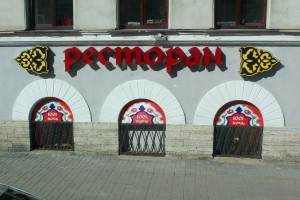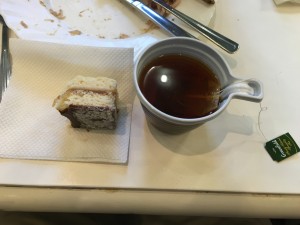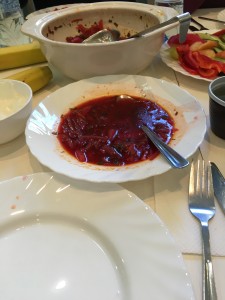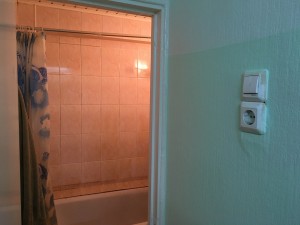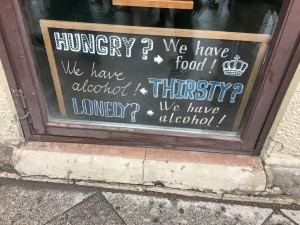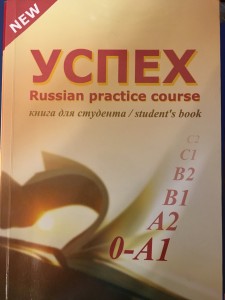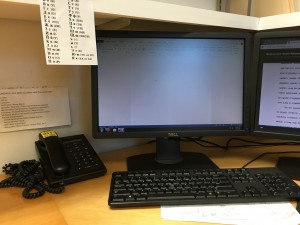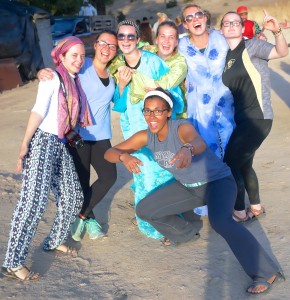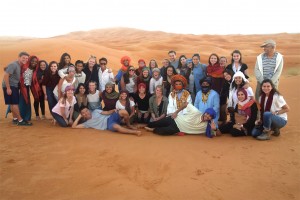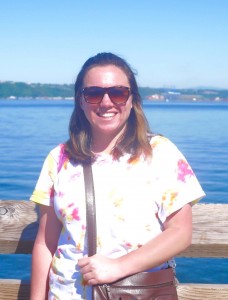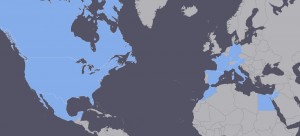It’s been a little while since Orientation, but my mind keeps on drifting back to that time. It was… incredible to say the least. I mean, I can easily say being a Perspectives Leader was one of the greatest experiences of my life.
For those of you that don’t know, the University of Puget Sound has an intense 9/10 day (depending on who you ask) orientation program. Yeah. We’re crazy. Whatever. Three of those days are dedicated to Passages, which is a camping trip in the Olympic National Park. Another three days is for Perspectives, which is for learning more about Tacoma and how to get around/involved. The rest of the days are for various other orientation activities. Every year, the university hires upperclassmen to come back to campus early and lead Passages or Perspectives and pays them the princely sum of $100. Don’t worry, the experience was totally worth only being paid $100.
I arrived on campus on August 13th (exactly 3 months after I left campus for the summer in May!) and spent the day moving into my room. That night, I was so excited for training beginning the next day I could barely sleep! I didn’t know what to expect and couldn’t wait to meet the other leaders.
The next few days were long and damn hard. We spent anywhere between 10 and 14 hours together, training, learning and discussing. I always went to sleep completely drained. Sometimes, I dozed off during presentations because I was just so burned out. But I would do everything again in a heartbeat.
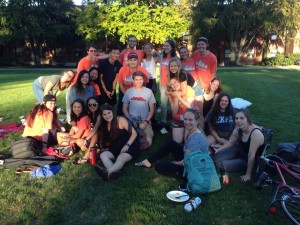
In those few days, I bonded so much with all of the other leaders. We laughed together, cheered together, chanted together and even cried together. We all got to learn so much about one another through more activities or discussions than I can count. They became more than just friends. They became family.
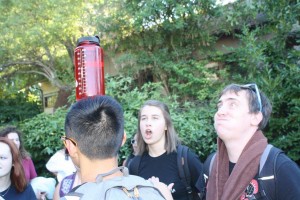
Ashley and Ben were impressed with my Nalgene balancing skills
And then came move-in day. Training was over. Time to face the first-years. My day started at 6:30AM and I didn’t go to sleep until almost 1AM. It was a reeeeeeeeeeally long day. But it was so much fun!
The best part of the day was Convocation. All of the new students and parents were gathered in Baker Stadium to listen to speeches from the Dean of Students Mike Segawa, New University President Isiaah Crawford and other speakers. I’m gonna be honest, as great as those speeches were, they weren’t the best part.
The best part of the best part of the day was being in the section of the bleachers with all of the other campus student leaders. Perspectives, Passages, ResLife, CICE, we were all there. We were all screaming our heads off, coming up with chants, doing weird things and generally acting crazy. We were having the time of our lives.
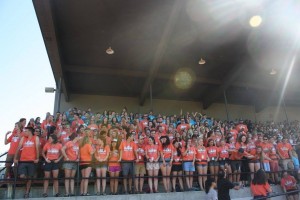
Lots of orange -ahem- salmon
My voice was so sore by the end of the day. But it was totally worth it. Then I realized that I was freaking exhausted and Orientation hadn’t even technically started yet.
Also, sometime around 9/10PM-ish, I yelled “ALL MY LIFE I WANNA BE LOGGER” at the first-years in Anderson/Langdon Hall. No one replied. It was a sad time. Moving on.
Orientation was crazy. Almost every day, there was something going on. Meetings, skit rehearsals (more on that later), groups to talk to, volunteer activities, debriefs, updates, registrations and tons of other things to do. But like training, it was so much fun.
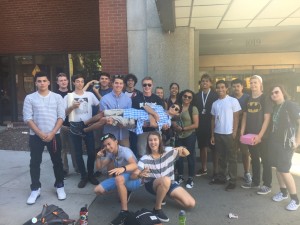
One of my groups, with my co-lead Ashley
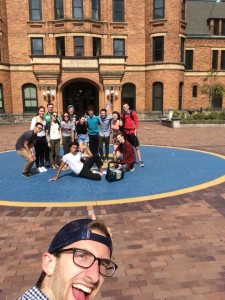
Ryan needs to get better at selfies…
One of my favorite parts of Orientation was the Campus Life Skit. The CLS is a series of skits, songs and dance numbers to help inform new students about all aspects of campus life, from university services to partying safely. All the Perspectives leaders had parts to play. I had roles in multiple skits, which were: Tour Guide, Drunk Partygoer (in two different skits) and Drunk Naked Boy. I think I see a common theme among some of these roles. Whatever. And as I keep saying with just about everything, IT WAS SO MUCH FUN.
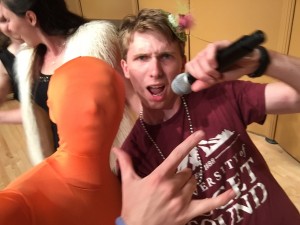
Yes, I am in an orange morphsuit
After our second showing of the CLS (we had two showings for the two different orientation sessions), we had one of our final activities. We did a name board activity. Basically, we all took turns writing notes on each other’s boards, which ranged from little messages to short essays. These boards would become our keepsakes of Perspectives. A physical memory of our time as leaders. Together.
That night, I read all the messages that everyone wrote on my board. Because my roommate was asleep, I had to use the light peeking between my window blinds to read. As I read, I was filled with just so much happiness. The messages were so sweet, being filled with praise and just good old love. Then I was filled with a ton of regret. Everyone had written such amazing messages on my board while I had written what I considered as comparatively superficial messages on theirs. So I spent all night laying in bed, thinking about how terrible a person I am. Okay maybe I’m over dramatizing things. It was more like two hours.
And then the next day was the final day of orientation. The first event planned for the day was Matriculation, a ceremony that signaled the official beginning of college for the new students. Given that this was a semi-formal event, all the leaders were dressed up, so while the speeches were happening, we were taking awesome pictures. My favorite was of when we were lined up on the side of Commencement Walk with Mike Segawa talking to the first years in the background.
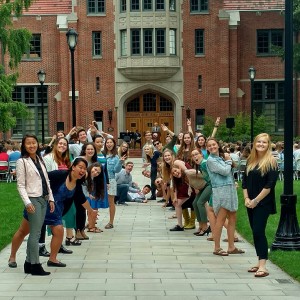
Best Picture ever
After Matriculation, we had our final debrief. The very last one. The one that, when finished, would signal the end of the our time as Perspectives Leaders for the year.
It was an activity. Our last activity. We all sat in a circle with one person holding a ball of yarn. That person pointed out another person and threw the yarn to them. Then they just talked about them. Complimented them, praised them, talked about a funny memory. Anything. Then that person would pass it to another and another and so forth. Sometimes, the yarn would travel across the circle, other times, just a few people away. We were crying, but we didn’t care, we had cried in front of each other before. This continued until the yarn reached every single person in the circle. The end result was a network of yarn. It showed that each and every one of us was connected. We were more than just a group of leaders, more than a team, we were a family.
Once the activity was over, there was a hesitation. No one stood up. Standing up meant that we accepted that it was over. And many of us just weren’t ready to accept that fact. After a minute, someone stood up and it was over.
Like I said at the beginning of this post, being a Perspectives Leader was one of the greatest experiences of my life. It was life changing. After reading this post, I hope that you can see why.
If you have the chance, apply to be an Orientation Leader! I promise you, you’ll have the time of your life.
This is for all of the Perspectives Leaders reading this right now: Ya’ll were LIT. I love you guys.
